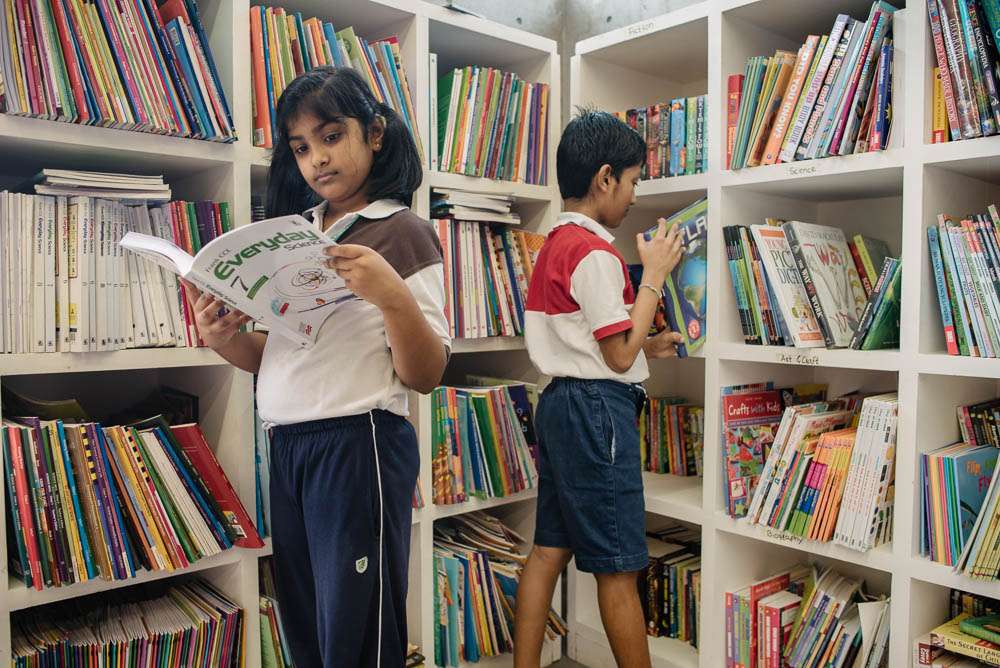Here are 10 good healthy habits from experts to help your child have a better schooling experience
Have you always wondered why your child seems to find it so hard to actually learn even though they seem to spend most of their time studying? That could be the problem. Good habits for students include more than just studying; they are about developing healthy habits to help your little ones learn what they are taught. As a parent, ensuring your child develops healthy habits that support their overall well-being and academic success is essential. From physical activity to effective stress management, these good student habits can significantly impact your child’s academic performance and personal growth.
According to various research conducted among school-aged children, certain good habits for students can be incorporated into their characters from a very young age to facilitate their learning capacities and overall well-being once they reach school age.
Here is a list of 10 healthy habits that every student should have from the expert educators at the Green Acres Academy.
A Regular Sleep Routine
Getting adequate sleep is crucial for a student’s academic success. A study published in the Journal of Adolescent Health found that students who slept for at least eight hours per night performed better academically than those who slept for less than eight hours. That means you must discourage your child from staying up too much, even if they do it to study. To establish a regular sleep routine, you need to create a sleep-conducive environment for your child by not using electronic devices right before bedtime and maintaining a consistent sleep schedule.
Active Studying Techniques
Students can enhance their learning and retention of information by using active studying techniques such as self-testing, summarizing, and questioning. According to the Journal of Educational Psychology, students who used active studying techniques performed better on exams than those who relied solely on passive studying techniques. Help your child quiz themselves on the material, summarize key points in their own words, and explain their lessons.
Regular Exercise
Playtime is often not considered one of the healthy habits necessary for a child. But this is not true! Regular exercise enhances cognitive function, academic performance, physical health, and fitness. To incorporate regular exercise, students can also engage in activities such as running, walking, swimming, or yoga other than their usual evening playtimes.
Healthy Eating Habits
A healthy diet is essential for a student’s well-being and academic success. A study published in the Journal of School Health found that students who ate a balanced diet with fruits, vegetables, whole grains, and lean proteins performed better academically than those with a diet high in fats and sugars. Help your child master this healthy habit by stocking your kitchen with fresh fruits and veggies that also help them cool off in the summer.
Effective Time Management
Most students tend to struggle with effective time management. Unless your child is one of the lucky few who inherently knows how to divide their time right, you must guide them through this. Effective time management is critical for students to balance academics, extracurricular activities, and social life. To improve time management, help your child create a schedule that includes all their activities. This can eliminate distractions, prioritize tasks, and break them into manageable chunks.
Active Listening:
Active listening is a skill that involves paying attention to the speaker, processing information, and responding appropriately. It is an essential habit for students to develop as it can improve their communication skills and academic performance. To practice active listening, students should maintain eye contact, avoid interrupting, ask clarifying questions, and summarize the speaker’s words.
Effective Note-Taking
This might not seem like an essential habit, especially when your child is in pre-primary or primary classes. But as they grow up, note-taking becomes a huge aspect of their academic classes. While younger students are often given pre-made notes by their teachers, older ones are expected to fend for themselves. By ensuring your child has the necessary note-taking skills from a young age, you are helping them improve their memory retention and understanding of the material. Teach your child to use abbreviations or symbols, organize notes, and review them regularly.
Stress Management
In this fast-paced and competitive world, one of the most essential healthy habits to have is stress management. Stress is common among students and can negatively impact their academic performance and mental health. Developing effective stress management strategies such as mindfulness meditation, deep breathing exercises, and physical activity can help students reduce stress levels. A stress-free student is more likely to succeed academically than a stressed-out counterpart.
Seeking Help as Needed
While raising independent kids is the goal, you shouldn’t overdo this. Independence does not mean a child has to do everything independently. In fact, it is crucial for students to recognize when they need help and seek assistance from teachers, tutors, or peers. Seeking help can improve students’ understanding of the material and enhance their academic performance. By teaching them that there is no shame in asking for help when needed, you also support their mental health in the long run.
Goal Setting
Setting realistic and achievable goals can help students stay focused and motivated. Small, achievable goals can improve their academic performance and enhance their self-esteem. A great way to set effective goals is by using the SMART criteria (specific, measurable, achievable, relevant, and time-bound) to create relevant targets they can meet. Help them break larger goals into smaller ones, and track their progress each day.
These 10 good habits for students can help your child succeed academically and in their personal lives. Remember that their childhood shouldn’t be all about studies– too much of anything is never good. Encourage your kids to develop these healthy habits and remind them that moderation is key!

